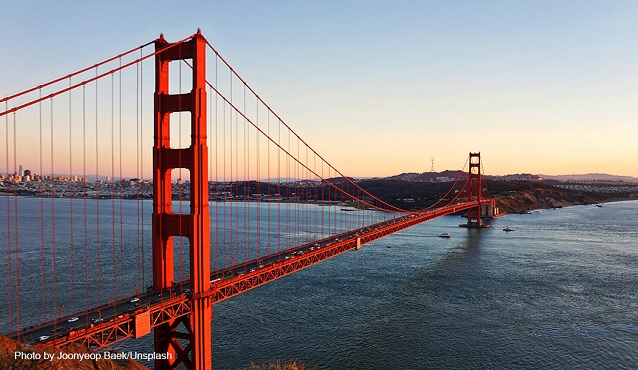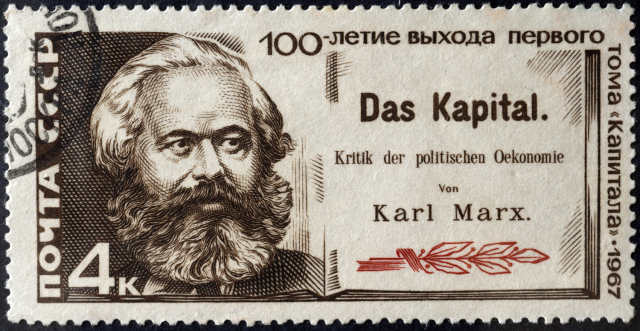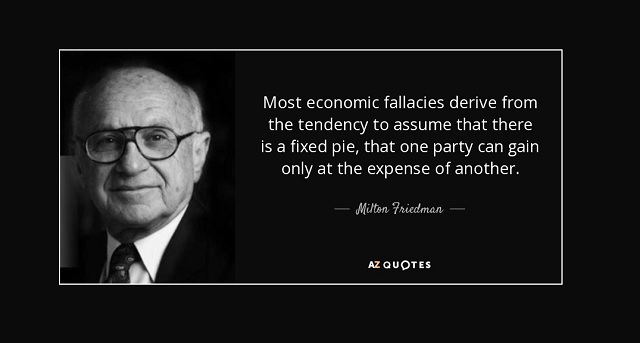San Francisco Cries Uncle on Seven-Year Boycott of Red States

When San Francisco decided to boycott the country’s red states, they were hoping it would have an economic impact. Trouble is, it did. Just not on conservatives. For seven years, the city has stubbornly clung to its travel bans and contracting blackouts for states with sane policies on life and gender — only to find out that the side paying the biggest price is their own.
In the latest sign that Republicans are winning the woke wars, city officials are quietly trying to walk back their petty payback of conservative states who’ve passed laws protecting the unborn, election integrity, girls’ sports, and privacy. At a city meeting February 13, leaders poured over a new report about the effects of the boycott policy, known as 12X, from the last several years. In a damning assessment, San Francisco’s City Administrator’s Office (CAO) said it was “not able to find concrete evidence suggesting 12X has influenced other states’ economies, or LGBTQ, reproductive, or voting rights.”
On the contrary, the authors wrote, “12X has created [an] additional administrative burden for City staff and vendors and unintended consequences for San Francisco citizens. … Few, if any other jurisdictions implement travel or contracting bans as expensive as the City’s.”
By refusing to outsource or partner with red states, San Francisco’s contracting costs went through the roof — up 10-20% just over the past few years. “It’s an ineffective policy that complicates the business of San Francisco government,” Supervisor Rafael Mandelmanm insisted, “and makes it very likely that we pay more than we should for goods and services.”
In a state where residents are already running for the exits, the last thing cities should be doing is giving people another excuse to leave. And a 20% surcharge for San Francisco’s intolerance is just one in a long line of absurdities. Since COVID, the moving vans have been in a perpetual, one-way convoy out of California, as 508,903 people called it quits on the state with sky-high costs, crime, taxes, and regulation.
This latest revelation, that even the city’s cultural retaliation is a failure, will only push more locals to the brink. A whopping 30 states are on San Francisco’s official blacklist now (up from eight in 2016), making it virtually impossible for the city to conduct national business. If the idea was to create a “compelling deterrent to states considering [conservative] policies,” COA admitted, it failed. In the game of chicken between deep-blue California and the rest of America, San Francisco is blinking. More than one official has said they’re moving to either strike the seven-year-old policy or, at the very least, repeal the most onerous parts of it.
That’s a major coup in California where the radical dogma is thicker than smog. But then, this isn’t the first time the forces of wokeness have been backed into an embarrassing corner. Ever since 2016, when North Carolina became ground zero in the bathroom wars, Democrats have been eating crow. One of the Left’s biggest lies — which they repeat to this day — is that passing pro-family laws will cost states billions of dollars in business. The opposite is almost always true.
For all of the Left’s hyperventilating, the aftermath of the H.B. 2 debate was nothing like the Chicken Littles predicted. North Carolina’s tourism numbers broke records; its population grew faster than any state in the union; and the state’s GDP was even higher than the national average. The booming economic climate even caught Forbes’s attention, who ranked the Tar Heels the second best state for doing business that year, a title it won the next three: 2017, 2018, and 2019. Suddenly, the tough talk about retaliation from corporations and other organizations was being exposed for what it was: empty threats from big-mouthed bullies.
Bruce Springsteen, Pearl Jam, Nick Jonas, and Demi Lovato and other musicians did their typical chest-thumping, pulling out of tour stops in places like Raleigh over their insistence that men be allowed into girls’ restrooms — but at the end of the day, the financial damage was small enough to be considered a “rounding error.” Experts crunched the numbers and found that “concerts, conventions, and sports” don’t actually bring much to the table in terms of state revenue. “Let’s suppose you buy some tickets, and you pay $100 per ticket,” John Connaughton, a professor of economics, explained. “Well, $80, $90 of that ticket gets on the bus and leaves with the performer the next day. Or later that night.”
College sports promised more of the same when the fight over girls’ sports and kids’ gender transitions broke out a few years later. “The NCAA threatened states over anti-transgender bills,” the big print of The Washington Post read. “But the games went on.” All of the tough talk proved toothless when so many states passed conservative legislation that NCAA had nowhere left to go. Suddenly, tournaments that weren’t supposed to be awarded to places like Arkansas, Alabama, and Tennessee got the news that they would still be hosts after all.
“I guess the NCAA boycott of Florida is over after two weeks,” state Rep. Chris Latvala tweeted. Turns out, the tug of the Left may be strong, but so is the $730 million in revenue from the Southeastern Conference. Conservative influence as red states, Texas Governor Greg Abbott (R) pointed out, is bigger than we think. “Will they even be able to have sports events anymore in the United States [if they boycott us]? I don’t think so.”
And who could forget Hollywood, who, after Alabama and Georgia passed their strongest pro-life laws in 2019, vowed to take their filmmaking elsewhere? It was all very theatrical when Netflix, Disney, WarnerMedia, and Sony Pictures started shaking their fists at red states and making hollow threats about canceling productions. For most conservatives, it was a familiar scene. After all, the entertainment industry had been using the same script since North Carolina, when celebrities climbed on their moral high horses to browbeat voters who believe in biological gender.
They would be reevaluating their projects, Disney’s Bob Iger promised at the time. “We are watching it very carefully,” he reassured his allies. In the end, most CEOs’ posturing amounted to nothing. Even when California tried to dangle new tax breaks over producers — “Move your film to a state with a better appreciation for killing babies!” they seemed to say — the modest incentives were still offset by the state’s suffocating regulations and higher costs. Deep down, even Hollywood understood: they stand to punish themselves more than the locations they theatened to leave.
“It speaks to the unsustainability of the Left’s wokeness,” Family Research Council President Tony Perkins told The Washington Stand. “They’re painting themselves in a corner.”
He’s right. Ultimately, these stunts hurt the social extremists more than they’ll ever scare conservatives, especially in this refuse-to-be-intimidated era sponsored by governors Brian Kemp (R-Ga.) and Ron DeSantis (R-Fla.).
FRC Action Vice President Brent Keilen agreed. “The move by San Francisco is the latest example that, despite receiving a lot of attention from the media, boycotts of pro-family and pro-life states don’t have much of an impact.”
In today’s climate, even San Francisco’s giants of liberalism are coming to the realization: the biggest losers of the culture wars will always be the bullies.
AUTHOR
Suzanne Bowdey
Suzanne Bowdey serves as editorial director and senior writer at The Washington Stand.
EDITORS NOTE: This Washington Stand column is republished with permission. ©All rights reserved.
The Washington Stand is Family Research Council’s outlet for news and commentary from a biblical worldview. The Washington Stand is based in Washington, D.C. and is published by FRC, whose mission is to advance faith, family, and freedom in public policy and the culture from a biblical worldview. We invite you to stand with us by partnering with FRC.






























